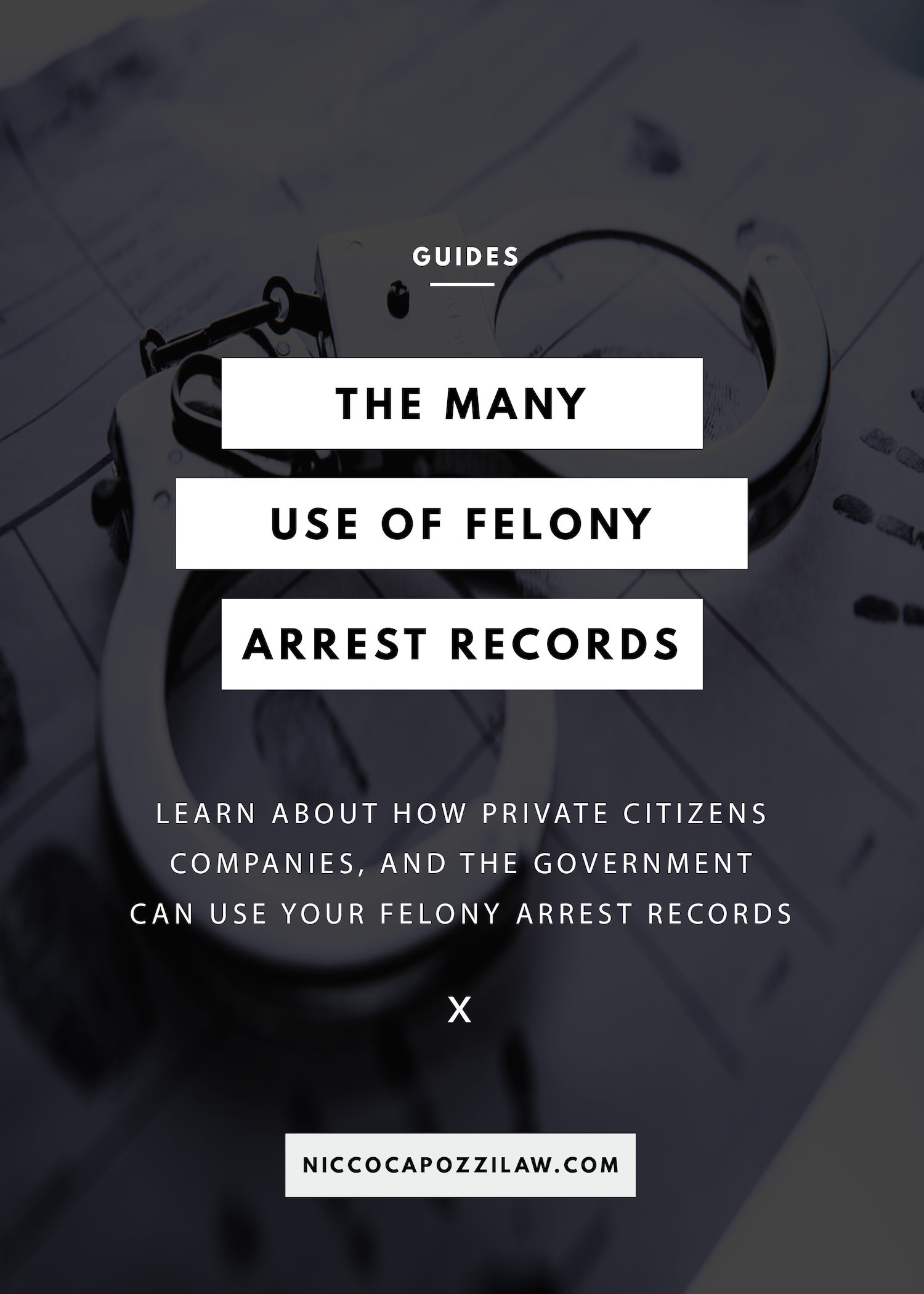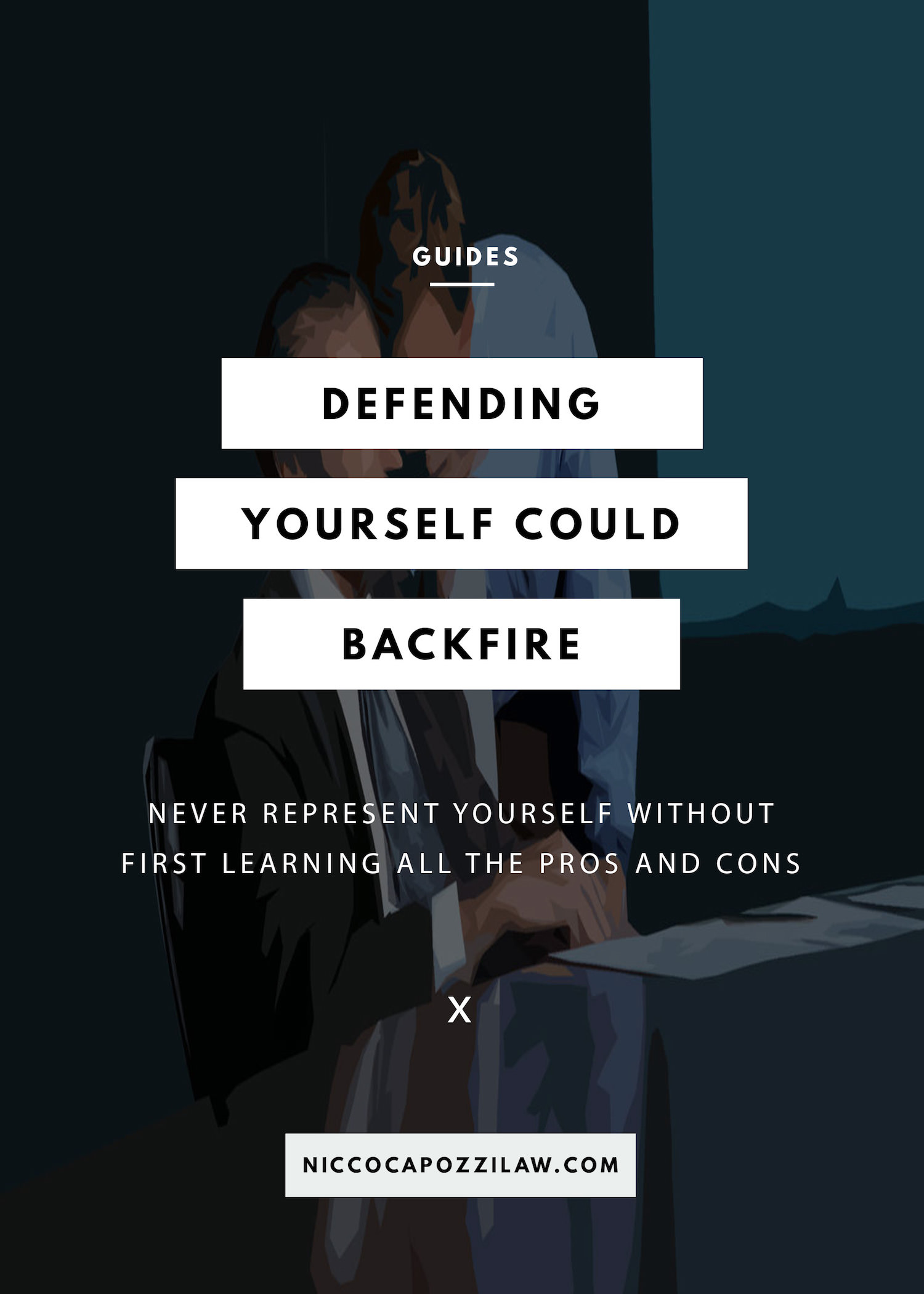When police are in a home due to consent, a warrant, or exigent circumstances, their actions are generally limited to the specific purpose for which they entered, and any searches not directly related to that purpose violate the Fourth Amendment. One exception is a protective sweep, which allows officers to check for additional people or immediately accessible weapons. However, as one federal court recently affirmed, officers may not automatically conduct a protective sweep in all circumstances.
Can a Knock and Announce Violation Ever Lead to Evidence Being Excluded?
Over the years, the use of no-knock warrants has grown exponentially. With a regular warrant, police are required to knock and announce their presence before entering a private building. No-knock warrants allow police to immediately make forcible entry. Because of this, their expanded use has been hotly contested.
Do you have to consent to a search of your home?
What are the rights of passengers during a traffic stop?
Traffic-stop confrontations between police and motorists have made the news on a regular basis in recent years, leading to serious discussions about drivers' rights. Many experts advise drivers to comply first and complain later, but when it comes to passengers, what's expected? Do those riding in a vehicle that gets pulled over face the same requirements as those behind the wheel?
What You Need to Know About Car Searches
Opinion: police body cams should not be made public, usually
As riots terror through the U.S. in response to apparent injustice and police treatment inequality, new legal and constitutional issues arise. To combat the perception of misconduct, the use of police body cameras is beginning to gain tremendous traction across the country. The concept is easy: if police record their interactions with citizens, police will be more inclined to act justly and citizens will be more inclined to treat police with respect. That is, if both parties know their interaction is being recorded, there is less chance either will act inappropriately. In theory at least.
Police cannot extend your traffic ticket unless they have reasonable suspicion
It is common practice for police to use driving tickets as a pretext to search motorists' cars. The typical scenario includes the officer asking permission to search the vehicle but often times police just search anyways if the motorist is acting strange (in the officer's eyes). Commonly, the officer will use police dogs to sniff and find whatever is hidden in the car. Skilled officers will prolong the ticket writing to give the dog enough time to sniff (search) the car.
When Can the Police Search Me?
Americans are afforded Constitutional protections that grant them certain rights, including the right to freedom from illegal searches. While law enforcement personnel generally need a warrant to search your residence or vehicle, there are exceptions to the rule. Read on for further information provided by a criminal defense law firm in Fresno.
Search & Seizure Ground Rules
Can Police Inspect Hotel Registries Without a Warrant or Court Approval?
The United States Supreme Court will soon decide the issue about whether law enforcement officials may access and inspect hotel registries without any prior judicial approval or without a warrant. In question is a Los Angeles local ordinance that allows police to do just that. Many other cities also allow the practice.






